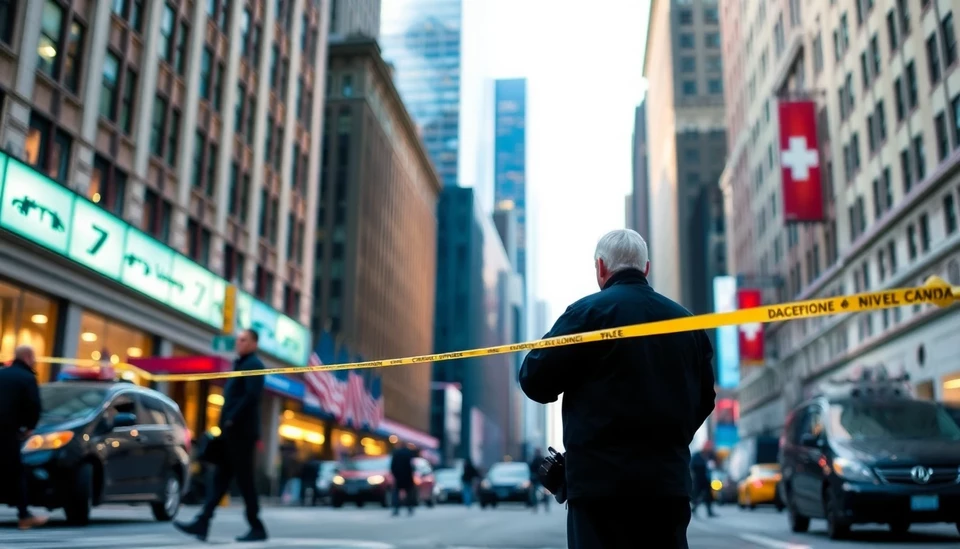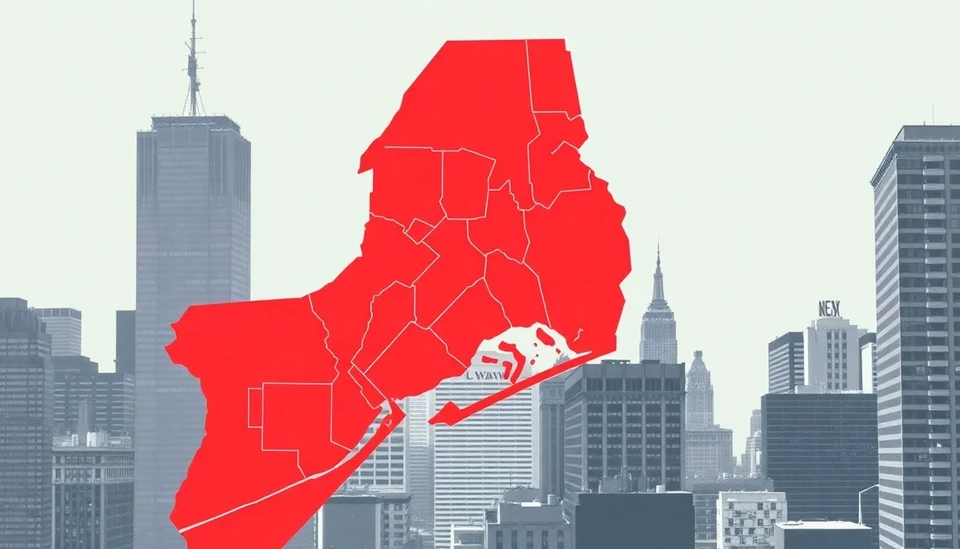
In the wake of a harrowing shooting incident in New York City, corporate leaders are grappling with the impact of urban violence on their workplaces and strategies for ensuring the safety of their employees. The incident, which shook the city's bustling streets, has reignited discussions about the increasing perceptions of insecurity in urban environments and the responsibilities that CEOs have in addressing these concerns.
The shooting occurred in a busy area, capturing the attention of not just local residents but also national media, leading to an intense focus on the safety of the metropolis and its implications for business. In response to the unsettling event, several CEOs have expressed their shock and dismay, articulating a sense of vulnerability that has increasingly infiltrated corporate culture. Many leaders report utilizing this moment to reassess their security protocols and the psychological welfare of their teams.
One CEO, who chose to remain anonymous for safety concerns, noted, “These kinds of incidents are something we always thought was a possibility, but to see it happen so close to home has renewed my commitment to making sure our employees feel safe. We have to be proactive about these threats.” This sentiment resonates with numerous other business leaders who are awakening to the reality that employee safety extends beyond just physical space.
Furthermore, these incidents are influencing the strategies corporations are adopting concerning employee support systems. Companies are increasingly investing in mental health resources, offering counseling services, and promoting a supportive community culture aimed at reducing anxiety during uncertain times. The shootings have spurred conversations about the need for workplaces to become sanctuaries where employees feel secure and valued.
Moreover, the CEOs emphasized the importance of crisis management training for employees, promoting simulations and drills to prepare teams for unexpected emergencies. This training aims not only to enhance awareness but also to bolster confidence among staff members, making them more adept at handling such traumatic situations if they occur.
As the precarious balance of urban life remains threatened, businesses in New York City are beginning to take a proactive stance on external threats that could disrupt their operations. This includes reviewing contracts for private security firms and exploring partnerships with local authorities to create a more secure environment for both employees and patrons alike.
In discussions after the incident, corporate leaders also touched on the broader societal implications of violence in urban areas, recognizing the role that companies can play in advocating for greater safety within their communities. This includes participating in dialogues with city officials aimed at shaping policies and initiatives that diminish the instances of violence and thus, ensuring safer public spaces.
Despite the nightmares that incidents like this bring, leaders are hopeful that their collective response can lead to meaningful change. The challenge lies in navigating the complexity of safety while maintaining an open and vibrant workplace culture where employees feel inspired and engaged.
In conclusion, the recent NYC shooting serves as a stark reminder of the risks that can affect urban life, spurring business leaders to take actionable steps for ensuring the well-being of their workforce. As corporate America wrestles with these evolving challenges, many are committed to creating a safer future for their employees, communities, and the cities they operate in.
#NYC #Shooting #CorporateResponsibility #EmployeeSafety #MentalHealth #CrisisManagement #UrbanSecurity #CommunityEngagement
Author: John Harris




